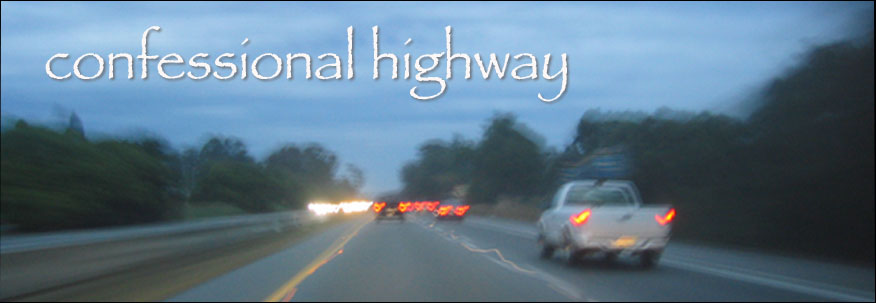I find myself looking backwards, thinking of the first time I traveled to a tiny village in Siberia called Kolybelka, the car bouncing down the bumpy, unpaved road. We pass a string of ducklings trailing their mother, pass houses of green and blue – not shades but the conventional Crayola crayon colors, primary and strong – odd housing colors for American-trained eyes. The dirt road, wooden fences, horse drawn carts, the sense of quiet and calm – it is as if I’ve driven into the 1800s, and when my boyfriend bursts into a huge smile and says, “This is my village,” I laugh thinking he is joking.
While our lives were different – him a Soviet citizen, me American; him a resident of Moscow, me a Venice Beach dweller – until that moment, I don’t think I appreciated how different different was. I’d made room for our language barrier by devoting hours to study and conversations mediated by a Russian/English dictionary. I’d imagined what it must be like to live behind borders that didn’t let you leave. I’d understood the difference between abundance and not enough. But I hadn’t imagined this.
We round the corner and slow. Faces peer from a window of the house on the right. We’d ridden a train from Moscow for two and half days and then climbed into a car for a three and a half hour drive courtesy of my boyfriend’s brother-in-law who met us at the train station in Novosibirsk before the sun came up. At sunrise, we stopped in the middle of a cornfield, stood behind the open trunk, and toasted with a shot of Vodka. Thinking of the imprecision of our travel, I look towards the house and wonder how long the eyes in the window have been awaiting our arrival.
As I climb from the car, the rural quiet is interrupted with squeals of joy as my boyfriend bounces from one set of arms to the next, the urban university student returning to the nest. The eyes shift to me, the first American – and possibly foreigner, according to the local paper – to set foot in this village. Through the introductions, I repeatedly say, “Privyet!” in my expanding Russian. I opt for the familiar ‘hi’ over the more formal “Zdrastvutye” because I know that my tongue might get twisted on the polite greeting.
I am the first girl my boyfriend has ever brought to his village since leaving eight years earlier for his army service in East Germany, which was followed by his move to university in Moscow. At twenty-six, his family worries that he’s not yet married. At twenty-nine, my culture still allows my singleness but is definitely curious about my pursuit of a long distance relationship born two years earlier on a Soviet-American Peace Walk, a venture that created a traveling city of 500 Soviets and Americans that camped from Odessa to Kiev for one month, culminating with a celebration in Moscow. My boyfriend was the first person to approach me on the tarmac at 3:00 a.m. when we touched down in Odessa after 30 hours of travel, a trip expanded by lengthy flight delays endured by a circus of travelers that included a rollerskater who refused to remove his skates even as we traversed from one flight to the next across the polished floors of the Moscow airport.
When my to-be boyfriend approached bleary-eyed me, he offered a flower or a flag – the memory escapes me – and said, “Unfortunately, I don’t speak English,” and when I replied, “Your English is very good,” he repeated, “Unfortunately, I don’t speak English,” the one complete sentence he had learned. We took our language inventory, and despite the combined total of six, we didn’t have one in common.
But over the next thirty days our romance developed as we struggled through broken attempts at conversation and shared flowing exchanges via interpreters. When the time came for us to say good-bye – a good-bye that felt more final than any other I’ve experienced in my life – I could only pretend to believe we would ever see each other again.
…to be continued…
Tags:






